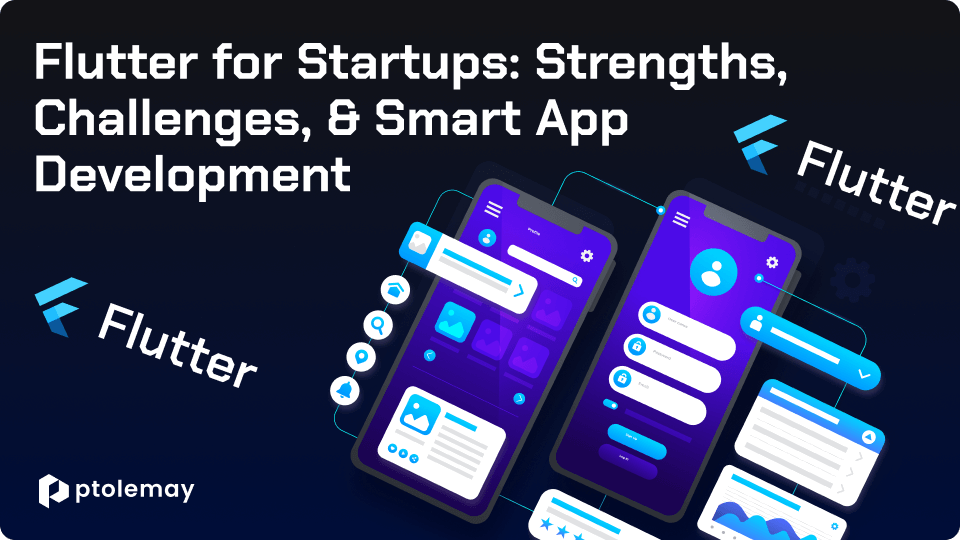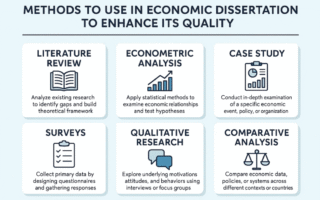
In today’s competitive digital landscape, scalability is no longer a luxury—it’s a necessity. Businesses of all sizes, from startups to enterprises, need applications that can evolve with market demands and user expectations. This is where a Flutter app development company plays a pivotal role. With its cross-platform capabilities, flexible architecture, and robust ecosystem, Flutter empowers businesses to build applications that not only launch faster but also scale effortlessly.
Introduction to Flutter and Its Relevance in Scalability
Flutter, Google’s open-source UI software development kit, allows developers to create high-quality, natively compiled applications for mobile, web, and desktop from a single codebase. This unified approach dramatically reduces development time, cost, and complexity—factors that directly impact scalability.
A professional Flutter app development company leverages this framework to create apps that can handle growing user bases, adapt to changing market trends, and integrate emerging technologies without significant rework.
Understanding Scalability in App Development
Scalability refers to the ability of an application to handle increasing loads—whether it’s more users, more data, or additional features—without sacrificing performance. For businesses aiming for long-term success, scalability ensures smooth operations even during peak demand.
A Flutter app development company focuses on three key aspects of scalability:
- Horizontal scalability – Expanding the system by adding more servers or resources.
- Vertical scalability – Enhancing the capacity of existing infrastructure.
- Feature scalability – Introducing new functionalities without disrupting the user experience.
How a Flutter App Development Company Facilitates Scalability
a) Single Codebase for Multiple Platforms
One of the major challenges in scaling applications is maintaining consistency across platforms. A Flutter app development company solves this by using a single codebase for Android, iOS, web, and desktop. This reduces duplication, accelerates updates, and ensures that scalability strategies can be implemented uniformly.
b) Modular Architecture
Flutter supports a modular architecture that allows developers to separate features and functionalities into independent modules. This makes it easier to scale features individually without affecting the entire system.
c) High Performance with Dart
Flutter uses Dart programming language, which compiles to native code. This ensures faster performance, smoother animations, and better resource utilization—essential for handling large-scale operations.
d) Efficient Integration with Third-Party Tools
Scaling often involves integrating analytics, cloud services, AI models, or third-party APIs. A Flutter app development company ensures seamless integration without causing compatibility issues, enabling businesses to enhance functionality as they grow.
e) Hot Reload for Faster Iterations
Flutter’s hot reload feature allows quick updates and testing. During scaling, this means businesses can roll out changes, fix bugs, or introduce features without extensive downtime.
Benefits of Partnering with a Flutter App Development Company for Growth
1. Cost-Effective Scaling
Traditional app development often requires separate teams for Android and iOS. Flutter eliminates this duplication, cutting development and maintenance costs significantly.
2. Faster Time-to-Market
With a single codebase and efficient development cycle, a Flutter app development company can deploy updates and new features faster—crucial for scaling in competitive markets.
3. Consistent User Experience
A consistent UI and performance across platforms ensure users enjoy a seamless experience, regardless of device or operating system.
4. Future-Ready Applications
Flutter is backed by Google and continuously updated. Partnering with a professional company ensures your app remains compatible with new platforms and technologies.
Key Strategies for Scaling Flutter Applications
A Flutter app development company employs strategic methods to support scalable growth:
- Cloud Integration: Leveraging platforms like Firebase or AWS to handle increasing traffic and data.
- Microservices Architecture: Breaking down applications into smaller, manageable services for easier scaling.
- Continuous Monitoring: Using analytics and performance monitoring tools to identify bottlenecks and optimize accordingly.
- Automated Testing & Deployment: Ensuring smooth rollouts even during peak scaling phases.
Real-World Use Cases of Scalable Flutter Apps
E-commerce Platforms
A growing online store can benefit from Flutter’s single codebase approach, enabling quick feature updates like seasonal discounts, inventory changes, and personalized recommendations.
Healthcare Applications
For telemedicine or fitness apps, scalability ensures secure handling of increasing patient data, video consultations, and wearable device integrations.
On-Demand Services
Ride-hailing, food delivery, or logistics apps can scale effectively with Flutter due to its real-time tracking, push notifications, and high-performance UI.
Choosing the Right Flutter App Development Company
To achieve scalable growth, partnering with the right company is critical. Look for:
- Proven expertise in Flutter development
- Experience with cloud and API integrations
- Agile development methodology
- Post-launch maintenance and support
- Transparent pricing models
A professional Flutter app development company should not just develop an app but become a strategic partner in your business growth.
Conclusion
Scalability is the backbone of sustainable digital success, and Flutter provides the tools to achieve it efficiently. By collaborating with a skilled Flutter app development company, businesses can build applications that not only meet current demands but also adapt to future growth seamlessly. From faster time-to-market to cost-effective updates, Flutter offers the flexibility and power needed to thrive in an ever-changing market.
FAQs
1. What makes Flutter ideal for scalable app development?
Flutter offers a single codebase, high performance, modular architecture, and seamless integration capabilities, making it perfect for scalable growth.
2. Can an existing app be migrated to Flutter for better scalability?
Yes, a professional Flutter app development company can migrate existing apps to Flutter, ensuring improved performance, reduced maintenance costs, and enhanced scalability.
3. How does Flutter reduce the cost of scaling applications?
Flutter eliminates the need for separate iOS and Android development, reducing resource duplication and overall development costs.
4. Is Flutter suitable for enterprise-level applications?
Absolutely. Many enterprises use Flutter due to its robust architecture, high performance, and ability to handle complex integrations.
5. How long does it take to scale an app with Flutter?
The timeline depends on your current infrastructure, desired features, and the expertise of the Flutter app development company you choose. Typically, scaling with Flutter is faster compared to traditional frameworks.



